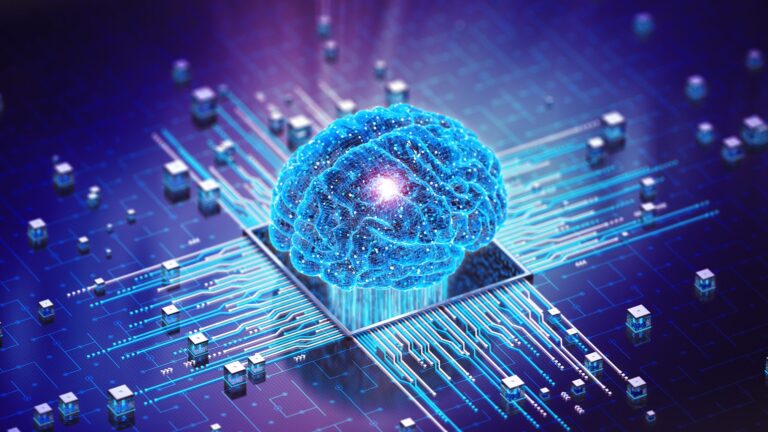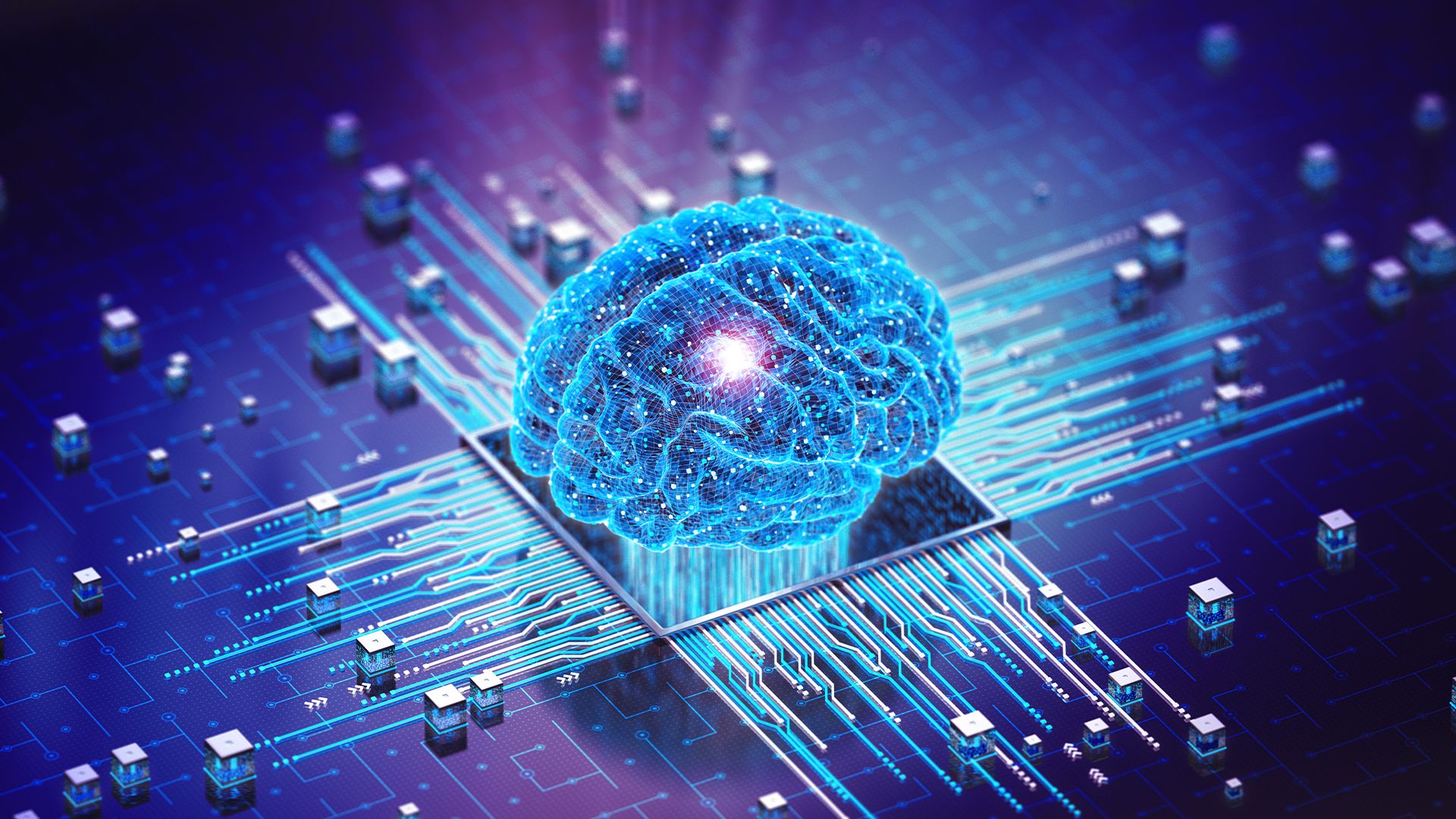
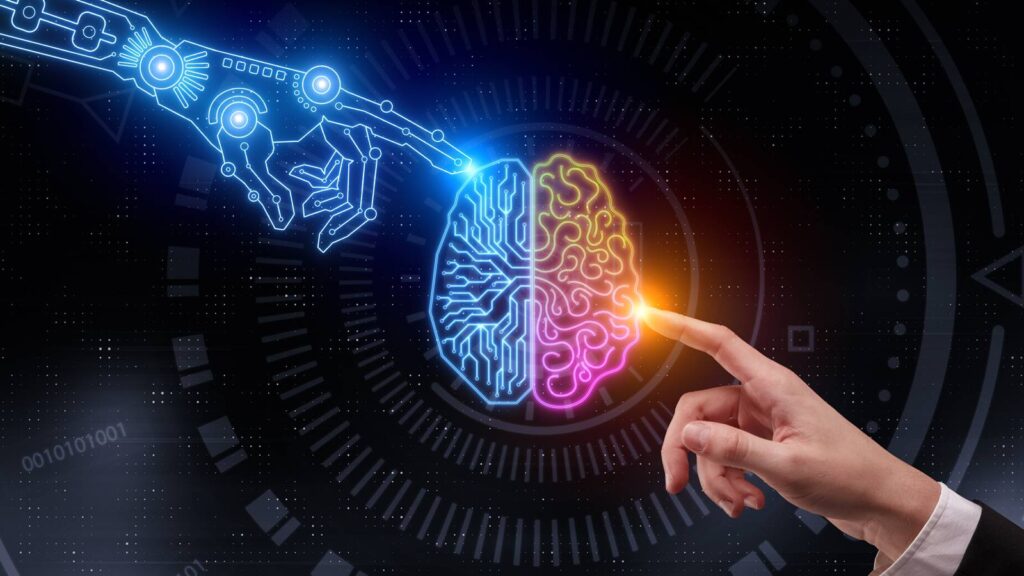
Artificial Intelligence (AI) has become one of the most talked-about technologies of our time — and for good reason. From voice assistants in our phones to self-driving cars and smart healthcare systems, AI is rapidly changing how we live, work, and interact with technology.
At its core, AI refers to machines that can mimic human intelligence — learning from data, recognizing patterns, and making decisions with little or no human input. It’s what allows Netflix to suggest the perfect show, Google to predict your next search, and chatbots to assist you 24/7.
In business, AI helps companies automate repetitive tasks, analyze vast amounts of information, and improve customer experiences. In healthcare, it’s being used to detect diseases earlier and develop personalized treatments. Even in education, AI supports teachers by helping them understand students’ needs and learning styles.
But alongside its benefits, AI also brings challenges — from job automation and data privacy concerns to ethical questions about bias and transparency. As this technology grows more powerful, balancing innovation with responsibility has become crucial.
There’s no doubt that AI is here to stay. Its potential to drive progress is enormous — but so is our responsibility to shape it wisely. The future of AI depends not just on smarter machines, but on smarter choices by humans.
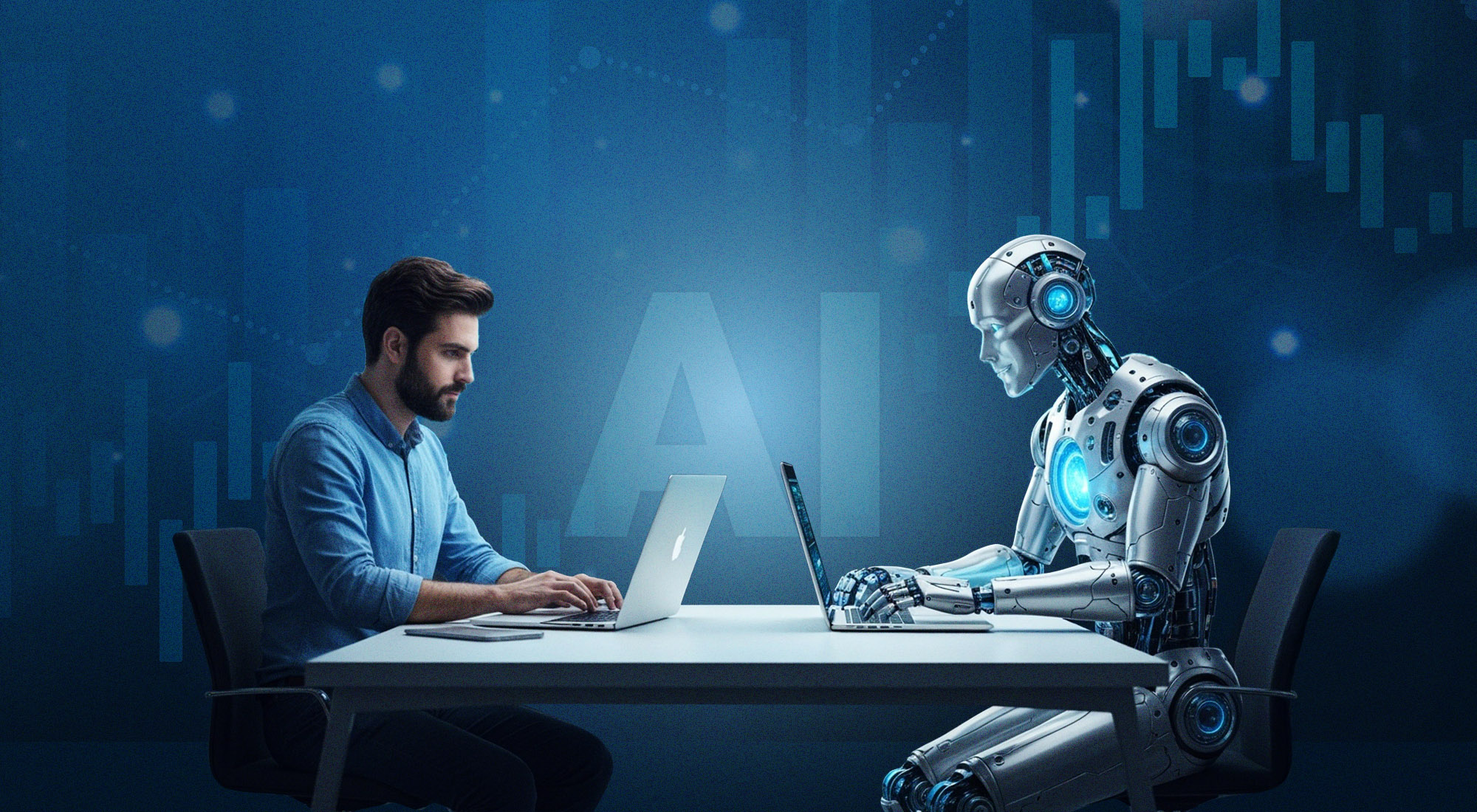
Artificial Intelligence: Shaping the Future of Humanity
Introduction
Artificial Intelligence (AI) is one of the most revolutionary technologies of the modern era. It refers to the ability of machines and computer systems to perform tasks that typically require human intelligence. From understanding speech and recognizing images to solving problems and making decisions, AI is transforming the way we live, work, and think. What once seemed like science fiction is now a part of our daily reality.
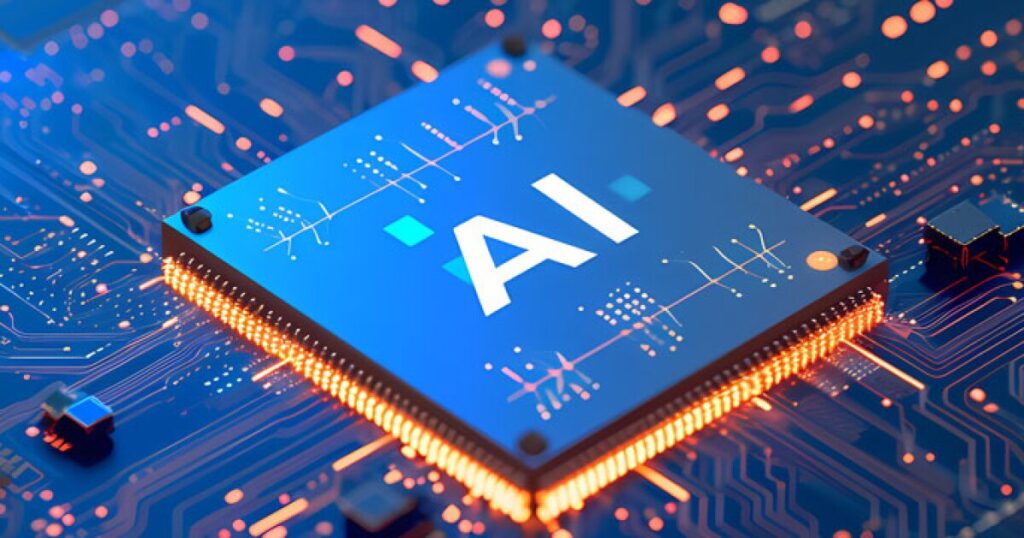
What Is Artificial Intelligence?
Artificial Intelligence is a branch of computer science focused on creating intelligent machines capable of performing cognitive functions such as learning, reasoning, perception, and decision-making. AI systems are trained using vast amounts of data and advanced algorithms, allowing them to “learn” patterns and improve over time.
There are two main types of AI:
- Narrow AI (Weak AI): Designed to perform specific tasks, such as voice recognition or image classification. Examples include chatbots, virtual assistants, and recommendation systems.
- General AI (Strong AI): A theoretical form of AI that can perform any intellectual task that a human can do. While it doesn’t yet exist, researchers are exploring this area for the future.
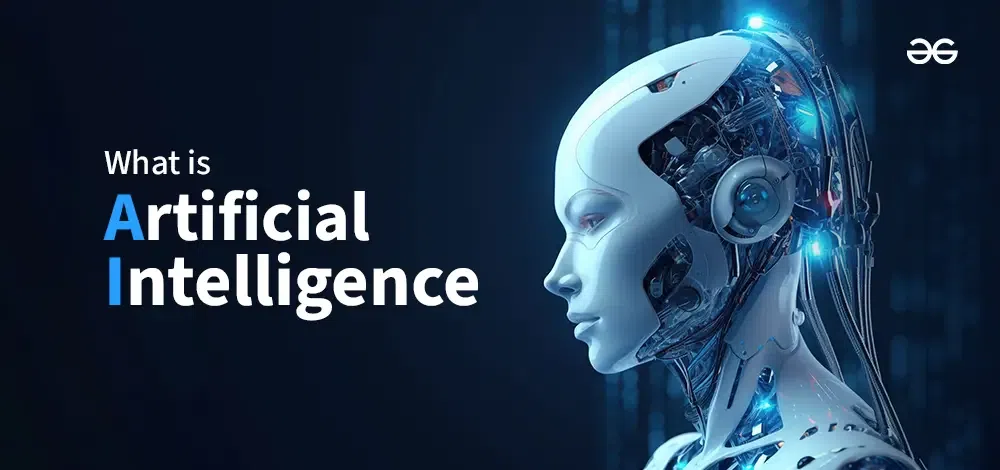

Applications of AI in Everyday Life
AI has quietly become part of almost every industry and aspect of our daily lives. Some of the most common applications include:
- Healthcare: AI helps in diagnosing diseases, predicting patient outcomes, and developing personalized treatments. AI-powered tools like image recognition can detect conditions such as cancer or heart disease more accurately than traditional methods.
- Education: Intelligent tutoring systems and adaptive learning platforms use AI to understand each student’s learning pace and provide personalized lessons.
- Business: Companies use AI to automate processes, analyze customer data, improve decision-making, and enhance customer experiences through chatbots and virtual assistants.
- Transportation: AI drives innovation in self-driving cars, traffic management systems, and logistics optimization, making travel safer and more efficient.
- Entertainment: Streaming platforms like Netflix and Spotify use AI to recommend movies or songs based on users’ interests and habits.
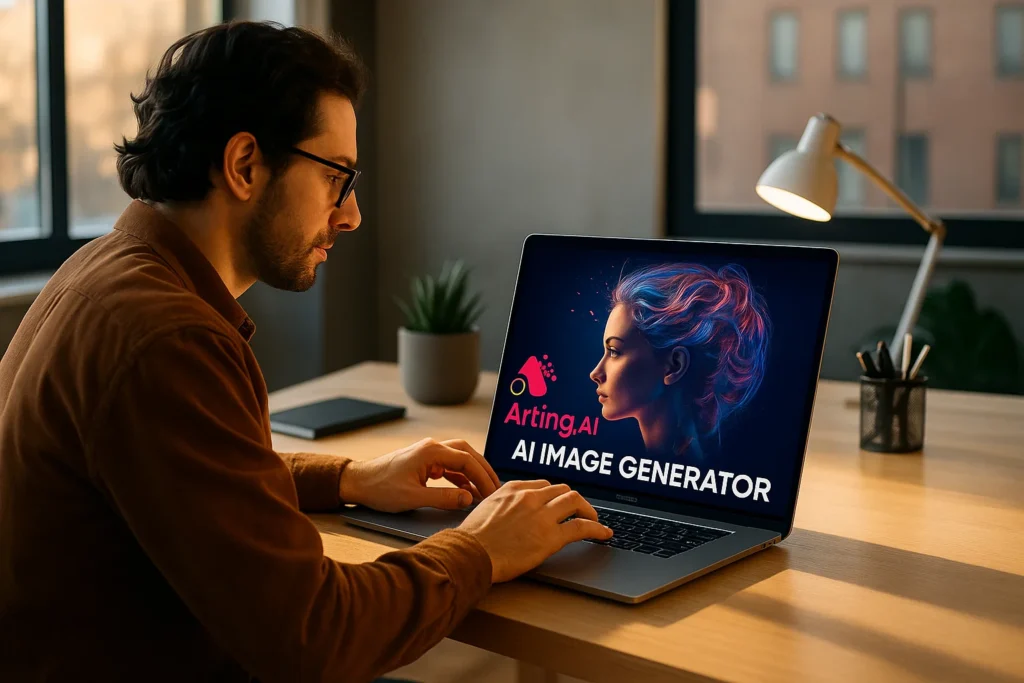
Benefits of Artificial Intelligence
AI offers numerous advantages that have made it an essential part of modern development:
- Efficiency and Speed: AI systems can process vast amounts of data quickly and accurately, far beyond human capability.
- Automation: It reduces the need for repetitive manual work, increasing productivity in industries such as manufacturing and customer service.
- Innovation: AI opens doors to new discoveries in science, medicine, and technology by analyzing data patterns that humans may overlook.
- Decision Support: AI helps leaders make smarter decisions by providing insights from data analysis and predictive modeling.

Challenges and Ethical Concerns
While AI brings remarkable benefits, it also poses several challenges that must be addressed carefully:
- Job Displacement: Automation could replace certain human roles, raising concerns about unemployment and skill gaps.
- Privacy and Security: AI systems rely on massive amounts of data, which can lead to privacy risks if not properly managed.
- Bias and Fairness: AI can reflect or even amplify biases present in the data it is trained on, leading to unfair decisions in hiring, lending, or law enforcement.
- Ethical Use: Questions about AI’s decision-making, accountability, and transparency remain central to ongoing debates about responsible AI use.
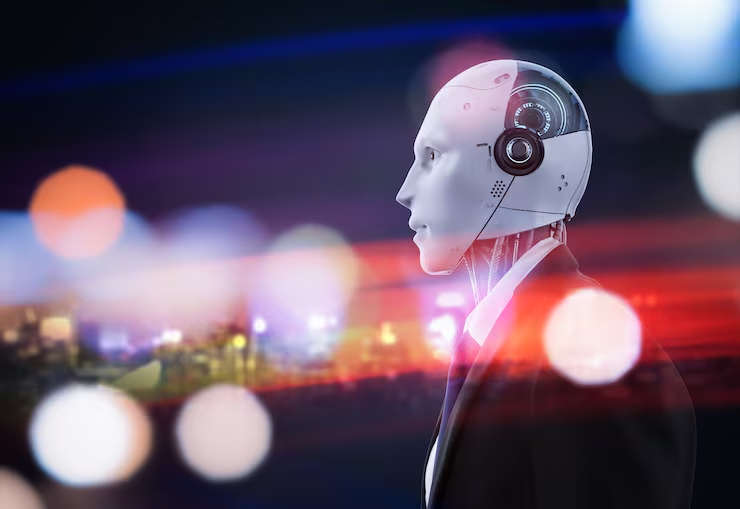
The Future of Artificial Intelligence
The future of AI holds endless possibilities. As technology evolves, AI is expected to revolutionize industries like healthcare, education, agriculture, and environmental sustainability. Researchers are exploring advanced AI models capable of reasoning, creativity, and emotional intelligence.
However, with great power comes great responsibility. Governments, companies, and researchers must work together to ensure AI is developed ethically and used for the benefit of all humanity. Regulations, transparency, and collaboration will be key in guiding AI’s growth in a safe and positive direction.
Conclusion
Artificial Intelligence is not just a tool; it’s a transformative force shaping the future of human civilization. From improving lives to solving global challenges, AI’s potential is limitless. Yet, it’s crucial that we balance innovation with responsibility to ensure a future where technology serves people — not replaces them.


